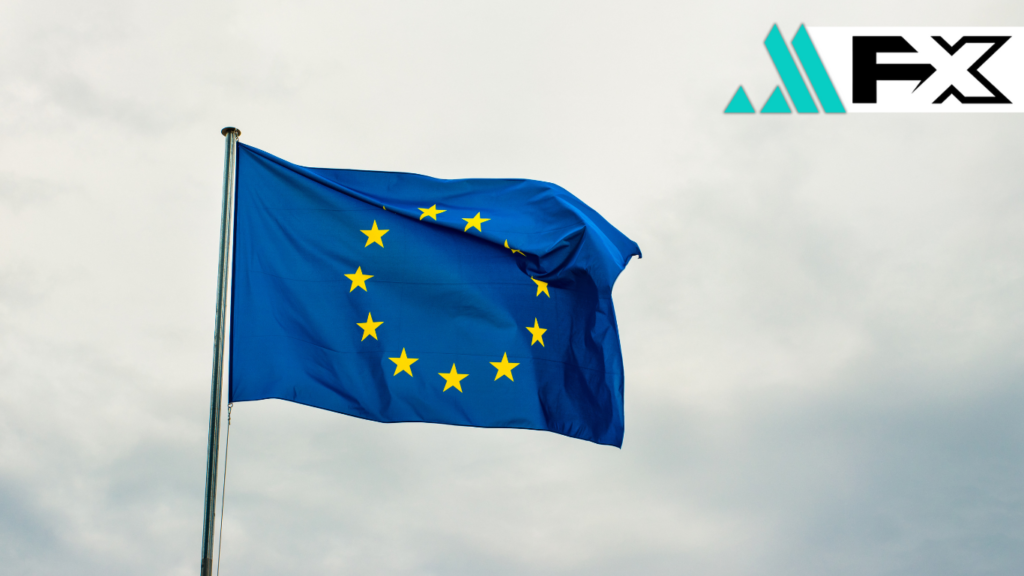The European Union is preparing to deliver its long-awaited decision on whether Apple and Meta violated the Digital Markets Act (DMA), a key regulatory framework designed to rein in the power of major tech companies.
EU antitrust chief Teresa Ribera told European Parliament lawmakers on Tuesday that the ruling will be issued “in the coming weeks,” slightly delayed from her earlier March timeline.
The investigations, launched in March 2024, examine whether Apple (NASDAQ: AAPL) and Meta Platforms (NASDAQ: META) failed to comply with DMA provisions that promote competition and protect consumer choice.
The DMA sets strict requirements for so-called “gatekeepers”—large digital platforms that control access to online markets. These companies must avoid self-preferencing, ensure interoperability, and provide access to third-party services, among other obligations.
Modest Fines Likely for Violations
While final details are pending, sources close to the matter told Reuters that both Apple and Meta are expected to face modest financial penalties.
Key points to note:
- Fines under the DMA can reach up to 10% of a company’s global annual turnover.
- For repeat violations, this can rise to 20%.
- However, early penalties in enforcement actions are likely to be symbolic but instructive.
The European Commission’s investigations center on practices such as:
- Apple’s App Store restrictions limiting third-party app distribution
- Meta’s bundling of services and potential unfair data practices
These cases mark the first major test of the DMA’s enforcement power since it came into effect in early 2024.
Geopolitical Backdrop Intensifies Scrutiny
The timing of these decisions also coincides with broader trade tensions between the U.S. and EU, particularly in response to American tariff policies initiated under former President Donald Trump.
Several EU member states, including France, have pushed for more aggressive regulatory oversight of U.S.-based tech firms, arguing that current market dynamics unfairly disadvantage European companies.
The decisions on Apple and Meta may therefore carry geopolitical weight, beyond regulatory compliance alone.
As the EU Commission finalizes its rulings, global tech firms are watching closely to understand how the bloc intends to wield its new digital authority. More enforcement actions are likely if companies are seen to resist or circumvent the DMA’s core principles.
This moment represents a crucial inflection point in global tech regulation. The EU’s approach to Apple and Meta will likely shape digital policy frameworks for years to come.


